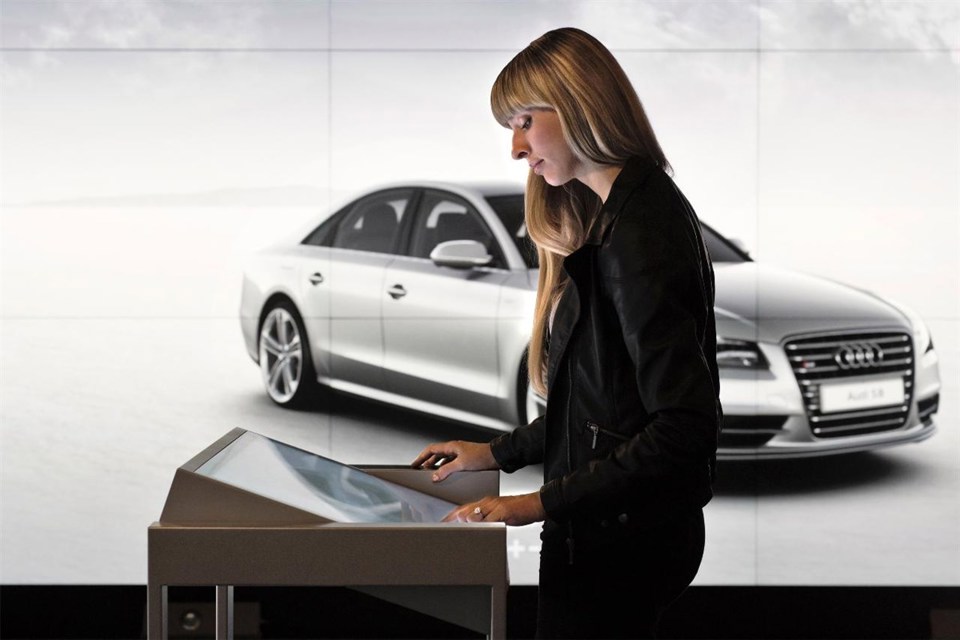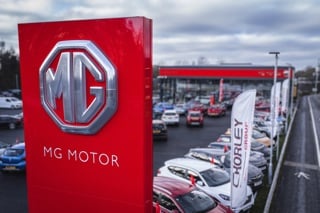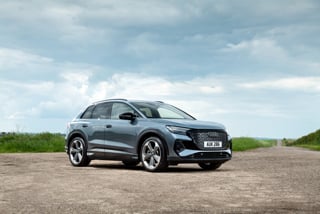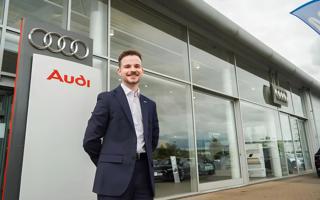More manufacturers are looking to establish an automotive retail model which features a smaller flagship digital showroom in the city centre which is linked to traditional dealerships surrounding it.
According to Frost & Sullivan’s Future of Car Retailing web conference, BMW will likely be the next manufacturer to follow Audi’s lead with a digital showroom/experience centre.
Sarwant Singh, Frost & Sullivan partner and practice director, visionary innovation research group and automotive & transportation, believes there will be 100 manufacturer owned city centre stores operational globally before the end of 2016.
Singh believes the sales and upsell performance from Audi City in London supports the potential this digital hub and spoke model.
He told AM Audi City has seen a 70% increase in new car sales over the previous traditional dealership it replaced, 70% of customers are buying without a test drive and the site has seen an increase in optional equipment sales up to 20% of the vehicle price.
Singh said: “There are real and tangible benefits to this structure.
“Manufacturers can sell and configure their full line-up of models. This set up also appeals to a younger audience of customers and gives the brand access to natural footfall on the high street.
“This will only work in city centres and mega cities of the future.”
These new flagships dealerships will be on average 20% smaller in size and only display three to four physical models in the showroom, with the rest being projected on video screens.
Singh also believes manufacturers will look to increase the amount of new cars that are sold online directly to consumers, essentially cutting out the franchised dealership.
Manufacturers sold a total of 5,000 new cars online last year globally but Singh believes this number will sky rocket in the next few years with a prediction of 4.5 million new cars sold online directly to consumers by 2020.
Singh said BMW’s i3 and i8 cars would likely be sold directly online and “the role of the traditional dealer will be diminished”.
Omni channel approach
Singh believes automotive retailers of the future will follow what he calls an “omni channel” approach.
This will be a strategy followed by new market entrants without an established dealer network to attract customers.
These brands will look to attract internet savvy customers, early adopters, generation Y and conduct the entire process associated with the lifecycle of the car online, both sales (buying process, financing, insurance) and aftersales (service, checks, booking).




















Superfly - 09/05/2013 15:08
Omni channel approach. I help to establish this idea india over 15 years ago. I was at the time employed by JIMH and worked with TATA to instigate exactly the same principle from New Delhi in the north to as far south as Bangalore. Not exactly as innovative as the article would suggest then?